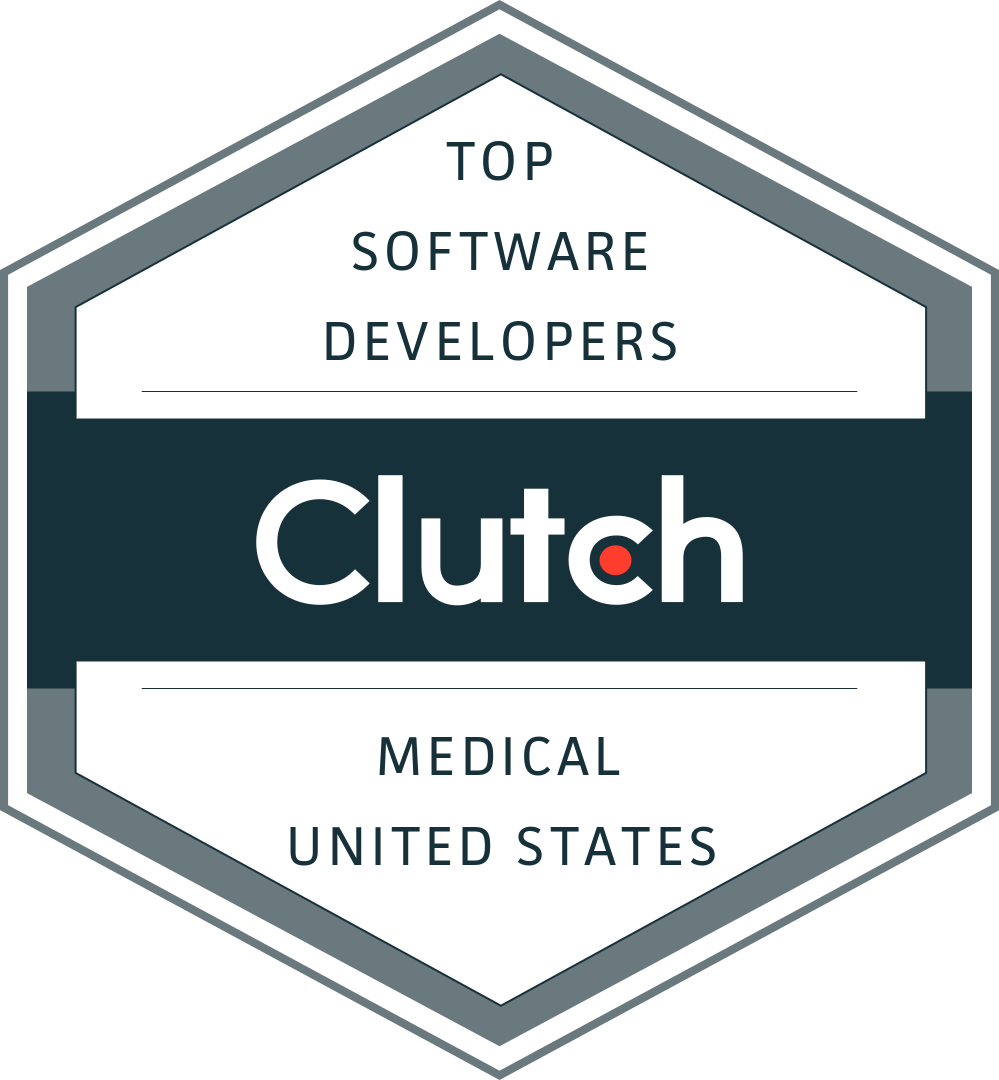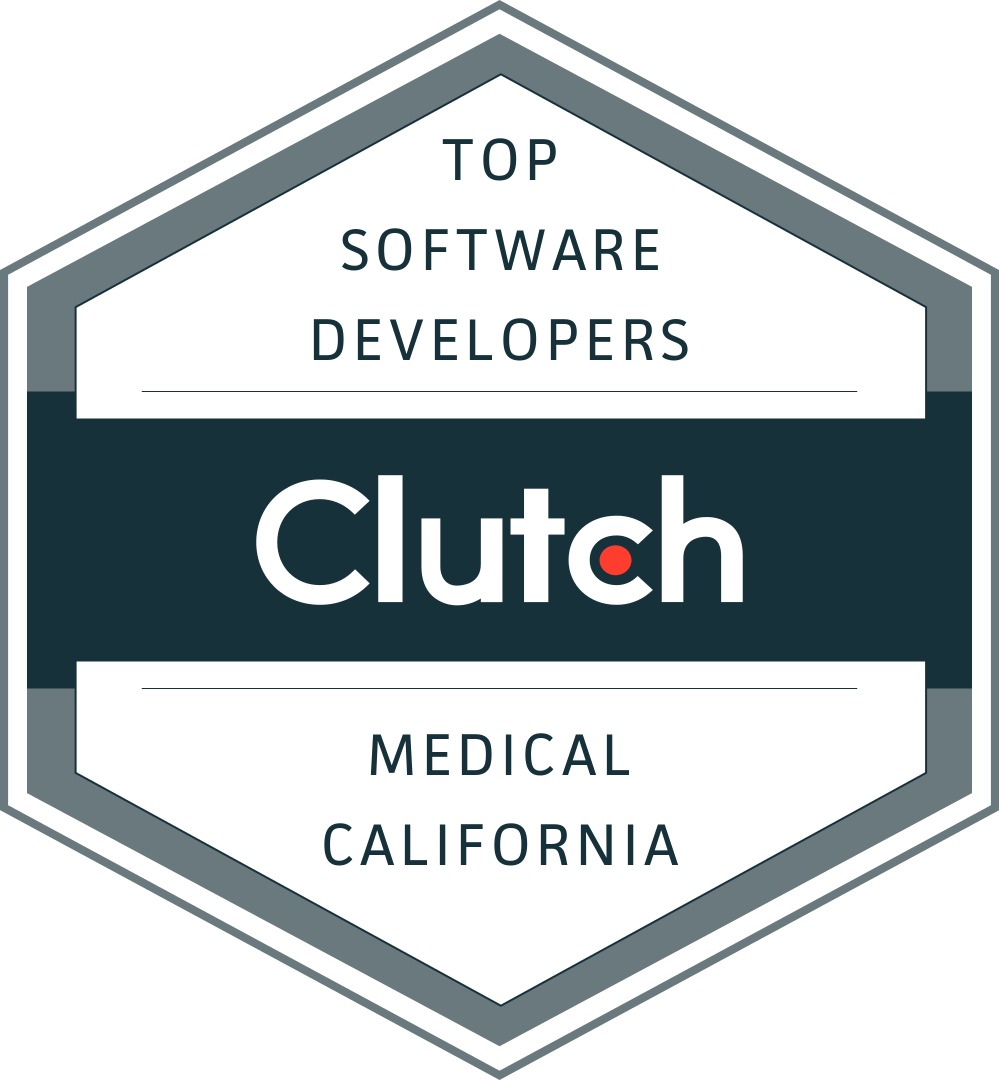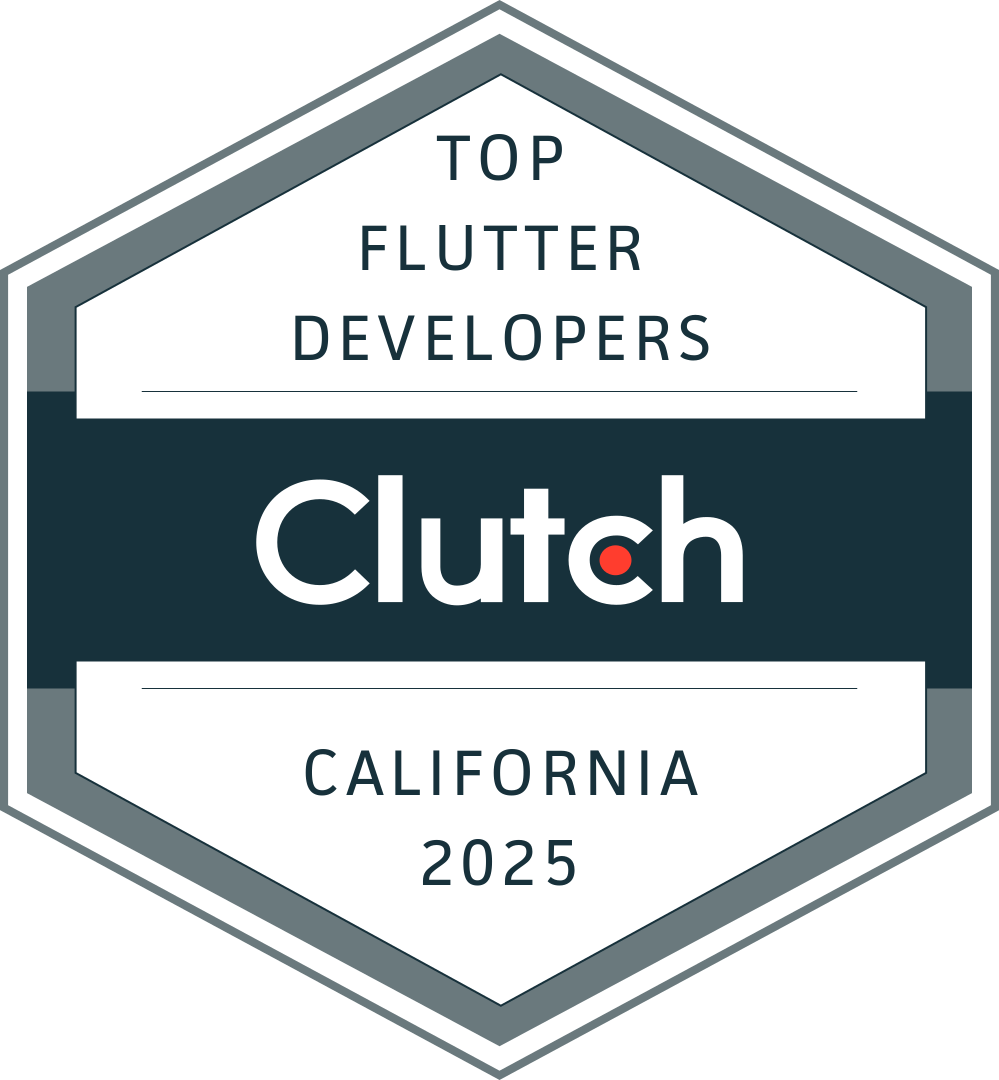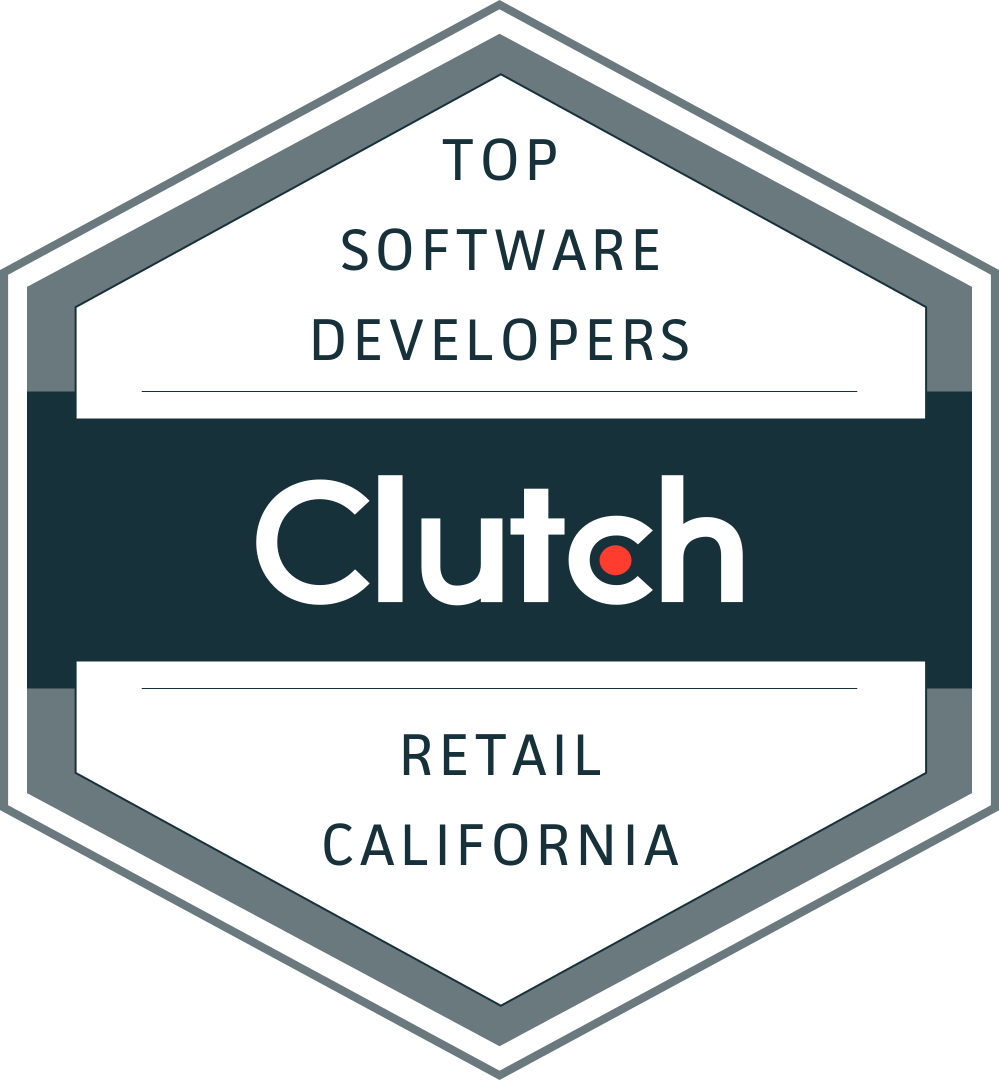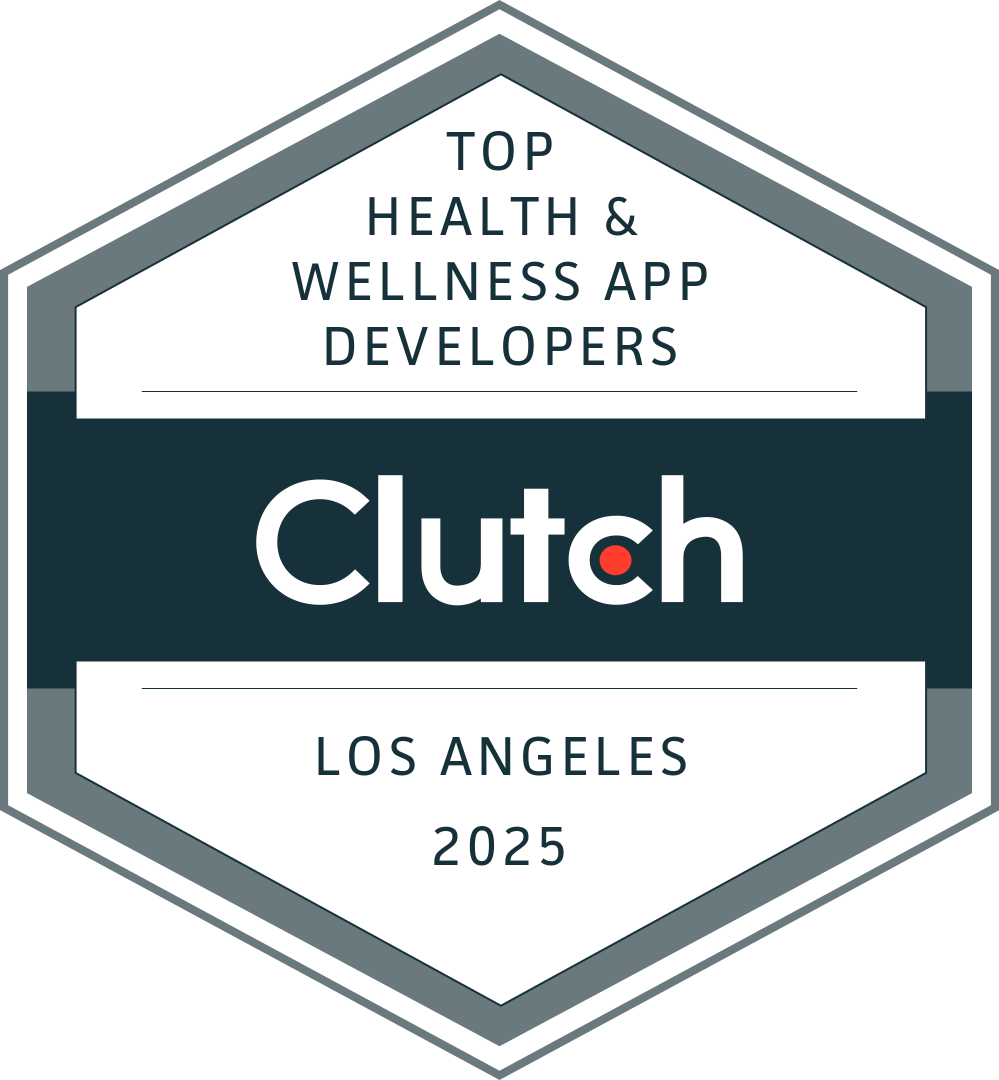Introduction In the dynamic and margin-pressured world of modern healthcare, Artificial Intelligence (AI) is no longer a fringe experiment—it is a critical investment. However, for every CEO and COO managing a healthcare organization, the imperative remains the same: demonstrate a clear, quantifiable Return on Investment (ROI). Automating operations with AI for the sake of automation […]

Navigating the strategic decision of building in-house AI capabilities versus partnering with experts is crucial for healthcare executives. Discover the real math behind these choices, and why "cost-to-learn" often outweighs "cost-to-earn" in the rapidly evolving world of custom AI.
Introduction
The promise of Artificial Intelligence (AI) in healthcare is immense. From optimizing EHR integrations to powering custom provider portals and mobile apps, AI offers unprecedented opportunities for efficiency, enhanced patient care, and significant operational improvements for MSOs, TPAs, ABAs, and health plans. As an executive in healthcare, you're likely feeling the pressure to leverage AI effectively within your organization.
But amidst the excitement, a critical strategic question emerges: Do you build an in-house software development team from the ground up, or do you partner with an experienced, specialized firm? This isn't just a technical decision; it's a strategic calculus with significant implications for your budget, timeline, and long-term success. It’s about understanding the "cost-to-learn" versus the "cost-to-earn."
The "Cost-to-Learn": The Realities of Building Your Own AI/Software Development Dream Team
Embarking on an in-house AI and software development journey can seem appealing, offering complete control and the promise of a custom-tailored solutions. However, this path comes with a substantial, often underestimated, "cost-to-learn." This isn't just about salaries; it's about the entire ecosystem required to cultivate true AI and software development capabilities.
- Talent Acquisition & Retention: The demand for AI talent is skyrocketing, particularly in specialized fields relevant to healthcare. Knowing how to go about hiring for each of these roles and understanding the difference between junior, mid and senior levels of each and what your organization requires is in itself a skill many orgs don't possess.
- AI Engineers: Highly sought-after, these professionals command top salaries and are fiercely competed for. The average annual pay for an Artificial Intelligence Engineer in the United States is around $101,752 per year, with top earners reaching $235,000 annually.
- Prompt Engineers: A relatively new but crucial role, prompt engineers are vital for optimizing interactions with large language models and ensuring AI outputs are precise and aligned with your clinical and operational needs. Glassdoor data from July 2025 indicates an average U.S. salary for a Prompt Engineer is around $122,327 annually, depending on experience and industry. This niche skill set is even harder to find.
- Python Developers (with AI/ML expertise): While Python developers are more common, those proficient in machine learning frameworks and data science methodologies, especially with a grasp of healthcare data nuances, are still a rare commodity.
- The time and resources poured into recruitment are significant. The average time-to-hire for AI roles takes 40% longer to hire than other tech roles. Ongoing efforts to retain these highly mobile professionals can quickly become a significant financial and operational drain.
- Infrastructure & Environment Setup: Beyond human capital, building an AI team necessitates a robust technological foundation.
- Computing Power: Significant investment in high-performance computing resources (GPUs, cloud infrastructure) is often required for model training and deployment. Cloud servers alone can cost from $3,000 to $40,000 a month depending on size and usage.
- Data Pipelines & Storage: Healthcare data is sensitive and complex. Establishing secure, HIPAA-compliant data pipelines, storage solutions, and robust data governance is non-negotiable and requires specialized expertise.
- Tooling & Software: Licensing and integrating the right AI development frameworks, MLOps tools, and analytics platforms add to the initial and ongoing expenditure.
- The Inevitable Learning Curve & Iteration: AI development is inherently iterative.
- Your new in-house team will face an initial learning curve, navigating the specific challenges of your data, workflows, and desired outcomes.
- Failed experiments, model adjustments, and continuous refinement are part of the process, which can delay time-to-market for critical AI solutions. This translates directly into lost opportunities and delayed ROI.
- Compliance and regulatory hurdles in healthcare add layers of complexity to this learning process.
The "Cost-to-Earn": The Strategic Advantage of Partnership
In contrast to the "cost-to-learn," partnering with an experienced AI development firm like Serious Development offers a clear "cost-to-earn" advantage. It's about accelerating value and achieving tangible results more efficiently.
- Access to Vetted Expertise, Instantly:
- Partners bring pre-built, experienced teams of AI engineers, prompt engineers, data scientists, and domain specialists who already understand the intricacies of health tech, TPAs, MSOs, and integrations like EZ-CAP, Wipro, Salesforce Health cloud, HRIS systems and others .
- This eliminates lengthy recruitment cycles, reduces onboarding costs, and provides immediate access to mature AI capabilities.
- A model-agnostic partner isn't tied to a single AI technology. They can assess your unique needs and recommend the most effective, cutting-edge solutions without bias.
- Faster Time to Value & ROI:
- With an existing infrastructure and proven methodologies, a partner can significantly reduce development and deployment timelines. This means your custom portals, web platforms, and integration solutions can start delivering value — and revenue — much sooner.
- Their experience in navigating healthcare's regulatory landscape (HIPAA compliance, FHIR data standards, and HITECH) means less trial-and-error for you, ensuring solutions are built right the first time. Gartner's "Predicts 2024: Healthcare Delivery, AI's Proving Grounds" report emphasizes that CIOs should create an enterprise-wide AI strategy, highlighting the need for specialized guidance in this complex domain.
- Reduced Risk & Operational Burden:
- Partners absorb the risks associated with evolving AI technologies, needing to scale up/down for projects, and infrastructure upkeep. You mitigate the capital expenditure and ongoing operational headaches.
- You offload the responsibility of staying current with the rapidly changing AI landscape, allowing your internal teams to focus on core business operations and strategic initiatives. This underscores the importance of leveraging AI as an amplifier of existing business strengths, rather than a standalone, all-consuming internal project.
- Focused Innovation for Your Core Business:
- By partnering, your CTOs and COOs can direct their strategic focus towards utilizing AI-powered solutions to enhance clinical outcomes, optimize patient experiences, and drive business growth, rather than managing a new, highly specialized internal AI software development team.
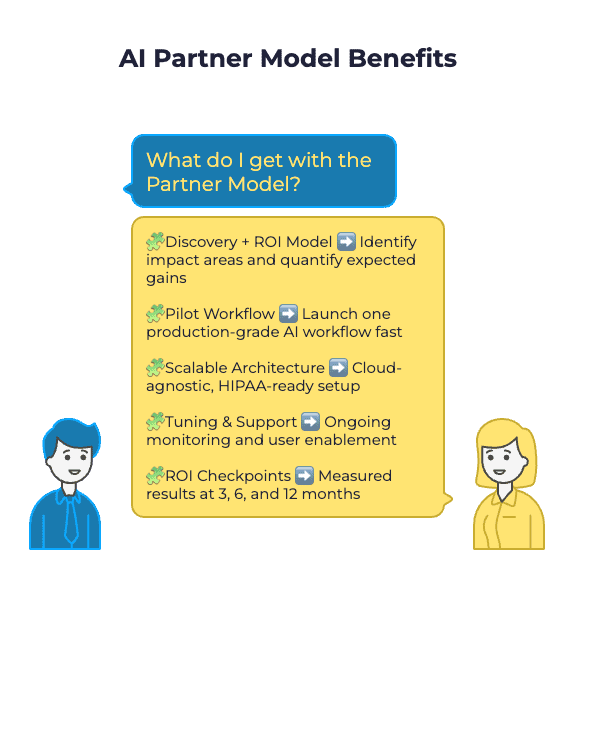
Human Expertise: The Unsung Hero of AI Automation
It's crucial to understand that even the most advanced AI solutions in healthcare aren't about replacing human expertise; they're about augmenting it. This principle is at the heart of effective AI adoption, ensuring that automation proves its value incrementally and responsibly.
At Serious Development, we firmly believe in keeping human experts in the loop until automation demonstrably proves its value. This iterative process ensures accuracy, builds trust, and allows for continuous improvement. For instance, in developing a custom AI solution for Central Reach integrations, human experts might:
- Initially validate data labeling and quality: Ensuring the AI learns from accurate, compliant data.
- Review automated outputs: Clinicians or operational staff would verify the AI's suggestions or automated actions before full deployment, especially for sensitive patient data or critical workflows.
- Provide continuous feedback: Human insights help fine-tune models, address edge cases, and adapt the AI as your operational needs evolve.
- This approach, where human oversight and interaction are integrated into the AI lifecycle, ensures that your AI solutions are not just technically sound but also clinically relevant, operationally effective, and ethically aligned. It's how true insight is gained, leading to smarter, more reliable automation. Mark Cuban, despite his extensive use of AI, cautions, "You've got to be careful. It's like talking to a friend who you think knows a lot about something... You still have to talk to an expert." This sentiment perfectly aligns with the need for human experts to maintain oversight and provide critical judgment, especially in sensitive fields like healthcare.
The Economic Times, July 2025, citing Mark Cuban:
"AI is never the answer, AI is a tool. Whatever skills you have, you can use AI to amplify them."
Traditional Software Engineering: The Other Half of the Automation Equation
Even the smartest LLM can’t file claims, reconcile eligibility files, or survive a HIPAA audit all by itself. To turn AI prototypes into battle-ready, revenue-generating products, you still need the unsung heroes of classic software engineering:
| Role | Why you still need it (yes, even in 2025) | Typical U.S. salary (July 2025) |
|---|---|---|
| Full-Stack / Back-End Developer | Wires models to EHRs, portal APIs, and legacy mainframes so data actually flows. | ~$118 k median for full-stack devs (Glassdoor) Glassdoor |
| DevOps / MLOps Engineer | Builds CI/CD and model-ops pipelines, automates rollbacks, and keeps PHI encrypted at rest and in flight. | ~$148 k average software-engineer comp (ZipRecruiter) ZipRecruiter |
| Site-Reliability Engineer (SRE) | Guards that 99.9 % SLA your payer contract demands; monitors drift and makes sure GPUs don’t melt. | Similar comp bands to senior back-end roles. |
| QA / Test-Automation Pro | Validates that each model version really improves accuracy—and doesn’t break prior workflows. AI helps here, but humans sign off. | Growing demand as AI super-charges test tooling (TestDevLab) TestDevLab |
Remember: a brilliant prompt that suggests the wrong deductible is still a bad answer. Quality engineering and defensive coding keep the lawyers (and auditors) happy.
Budget Reality Check
Layering these traditional roles onto your AI dream-team isn’t optional: it’s how prototypes become production. Those salaries—plus cloud infrastructure, observability tools, and compliance testing—add to the “cost-to-learn.” And while AI coding agents can speed up grunt work, recent studies show the hybrid model—AI tools + human developers—delivers the best quality and the fewest post-release incidents.
Partnering Advantage (Why It Matters)
When you team up with a firm like Serious Development, you’re not just renting AI wizards; you’re getting the full relay team—product engineers, DevOps, QA, and SRE—already tuned to healthcare’s regs and acronyms. That slashes onboarding time, eliminates duplicated hiring, and lets your internal leaders focus on what moves the needle: clinical outcomes and member satisfaction
Making the Strategic Choice
For healthcare leaders, the decision between building and partnering for custom AI isn't simply about technical capability – it’s about strategic advantage and maximizing your "cost-to-earn." While the allure of an in-house team is strong, the hidden "cost-to-learn" often outweighs the long-term benefits for many organizations.
Partnering with a specialized AI software development firm like Serious Development allows you to bypass the steep learning curve, accelerate your time to value, and leverage deep industry expertise to create AI solutions that truly move the needle for your MSO, TPA, ABA practice, or health plan. You gain a strategic ally focused on your success, enabling you to deliver innovative healthcare solutions without the heavy lifting and inherent risks of pioneering AI from scratch.
Frequently Asked Questions (FAQ)
What are the biggest challenges in implementing AI in healthcare?
Key challenges include ensuring data quality and compliance (e.g., HIPAA), integrating AI with existing legacy systems, addressing potential algorithmic bias, and overcoming resistance to change from staff. Lack of internal AI expertise and the significant costs of talent and infrastructure are also major hurdles.
How does AI improve healthcare operations?
AI can significantly enhance operations by automating administrative tasks, improving data analysis for better decision-making, enabling predictive analytics for patient outcomes, optimizing scheduling and resource allocation, and developing custom solutions like patient portals and web platforms for improved service delivery and Central Reach integrations.
Is it possible for a small to medium-sized healthcare business to afford custom AI development?
Absolutely. While building a full in-house AI team can be prohibitively expensive, partnering with a specialized AI development firm allows smaller organizations to access top-tier expertise and advanced solutions without the massive upfront investment and ongoing overheads. This shifts from a "cost-to-learn" to a more predictable "cost-to-earn" model.
How do AI models in healthcare ensure accuracy and avoid bias?
Ensuring accuracy and avoiding bias involves meticulous data preparation, using diverse and representative datasets for training, and continuous monitoring of the AI model's performance. Furthermore, human experts remain in the loop to validate outputs, provide feedback, and fine-tune models to ensure they are fair, clinically relevant, and free from unintended biases.
What should I look for when choosing an AI development partner for my healthcare company?
Look for a partner with proven expertise in healthcare (especially your specific niche like ABA or MSO), a strong track record of successful AI implementations, a clear understanding of regulatory compliance (HIPAA), a flexible and transparent development process, and a commitment to integrating human expertise alongside AI. Assess their technical capabilities, client testimonials, and their approach to data security and project management.


